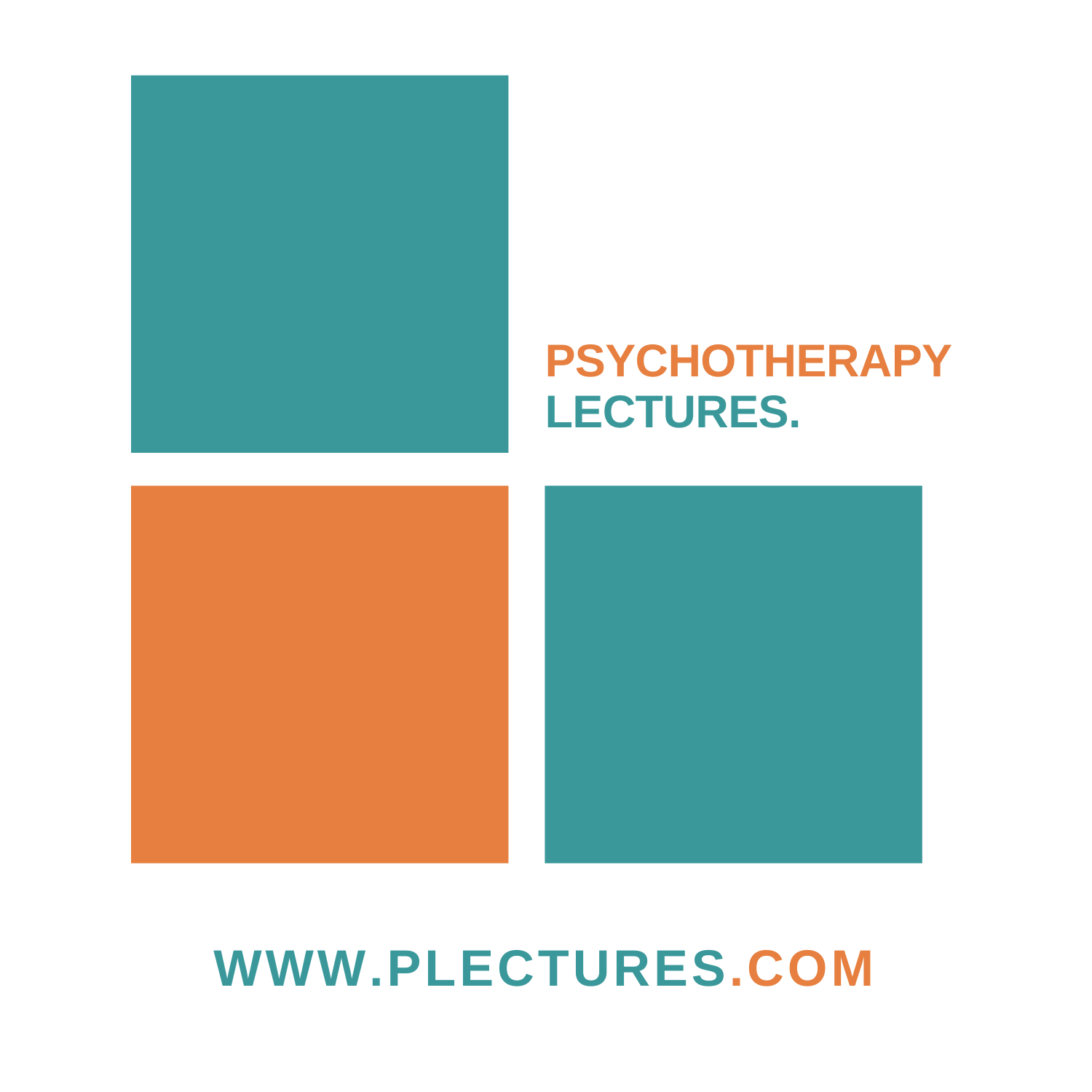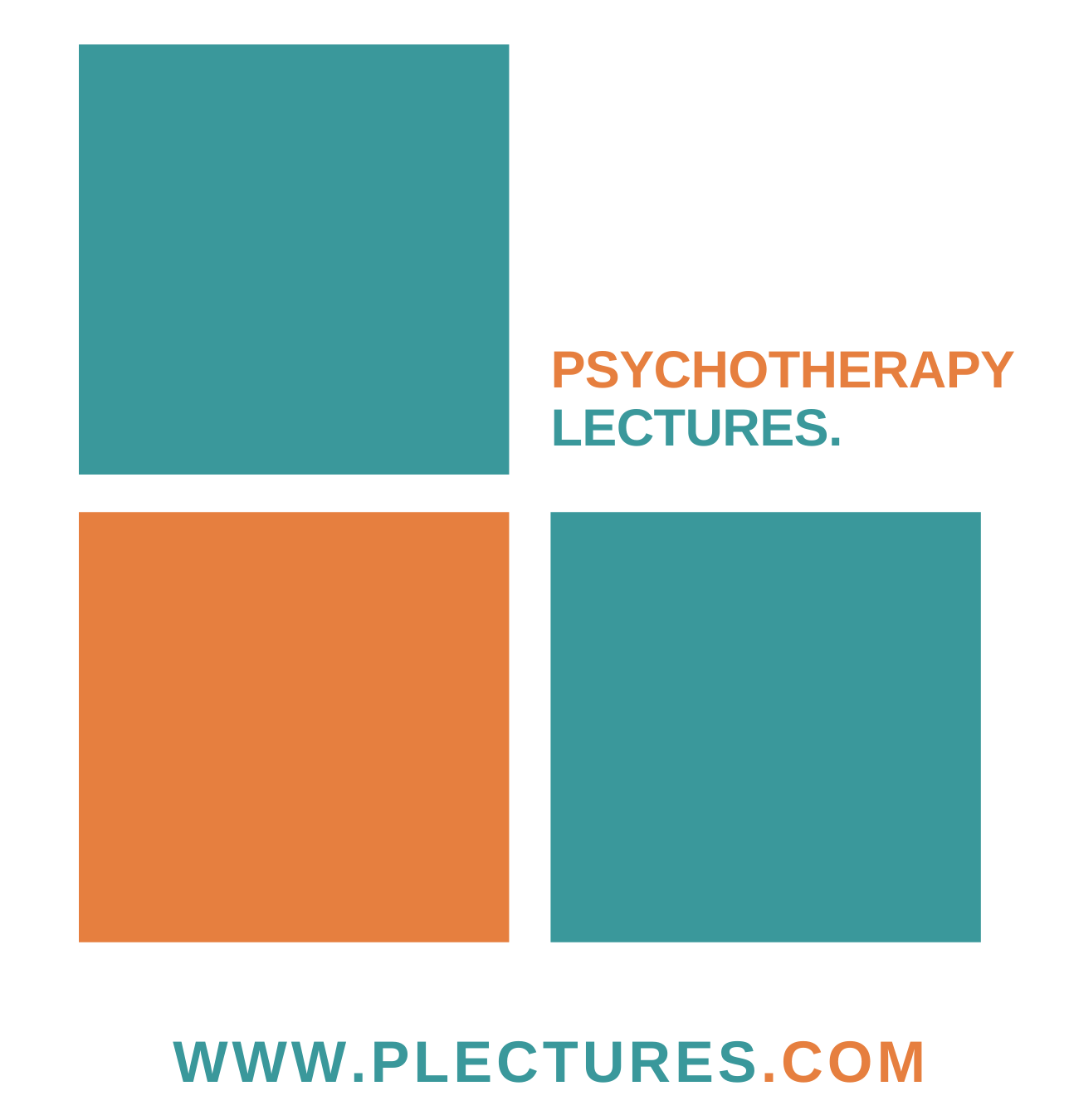COGNITIVE PROCESSING THERAPY
-
Author: Patricia A. Resick
-
English language
-
7 hours of trainingVideo time: 180 days
-
Certification
Write your awesome label here.
Patricia A. Resick
Patricia A. Resick, Ph.D., ABPP is Professor of Psychiatry and Behavioral Sciences at Duke University in the United States. She directed the Division of Women's Health at the Department of Veterans Affairs' National Center for Post-Traumatic Disorder for many years, also in the United States. She specialized in the understanding and treatment of psychological trauma by developing, in 1988, Cognitive Processing Therapy, an evidence-based model that has been evaluated through numerous randomized trials. The manual has been translated into 12 languages.
What is Included
Video lesson in original language
Slides
The workshop will be divided into two days with a total commitment of five hours with the aim of introducing in Italy the model of Cognitive Processing Therapy designed by Professor Patricia Resick, one of the most important international experts in psychotraumatology.What is it: Cognitive Processing Therapy is an evidence-based model of trauma-focused psychotherapy that focuses on cognitive distortions that block the processing of traumatic experiences. International guidelines list CPT among the most effective treatments for trauma-related syndromes.What is the crux of CPT: Post-traumatic symptoms are generated by a conflict between pre-traumatic beliefs about the self and the world and post-traumatic information that may or may not confirm these beliefs. The dissonance between "pre" and "post" trauma is described as a "blocking point," which is the central focus of CPT intervention.What happens during treatment: the therapist helps the patient identify and process the blockpoints as well as the cognitive distortions that represent the maintenance factors of post-traumatic functioning.What are the differences between CPT and other Exposure-Based Therapies: exposure-based therapies help patients deal with thoughts/remembrances of traumatic events, but do not devote the same attention as CPT to cognitive distortions. CPT therapists support both the reprocessing of traumatic memories and the exploration of that information that can correct thoughts that are not conducive to adjustment in order to achieve treatment efficacy that is more robust over time.

-
Certification
Each participant will have a certificate of participation in the webinar. -
Guaranteed Security using one of the most advanced encrypted systems on the market.
The information in this page is being processed and encrypted securely using industry-leading encryption and fraud prevention tools.


